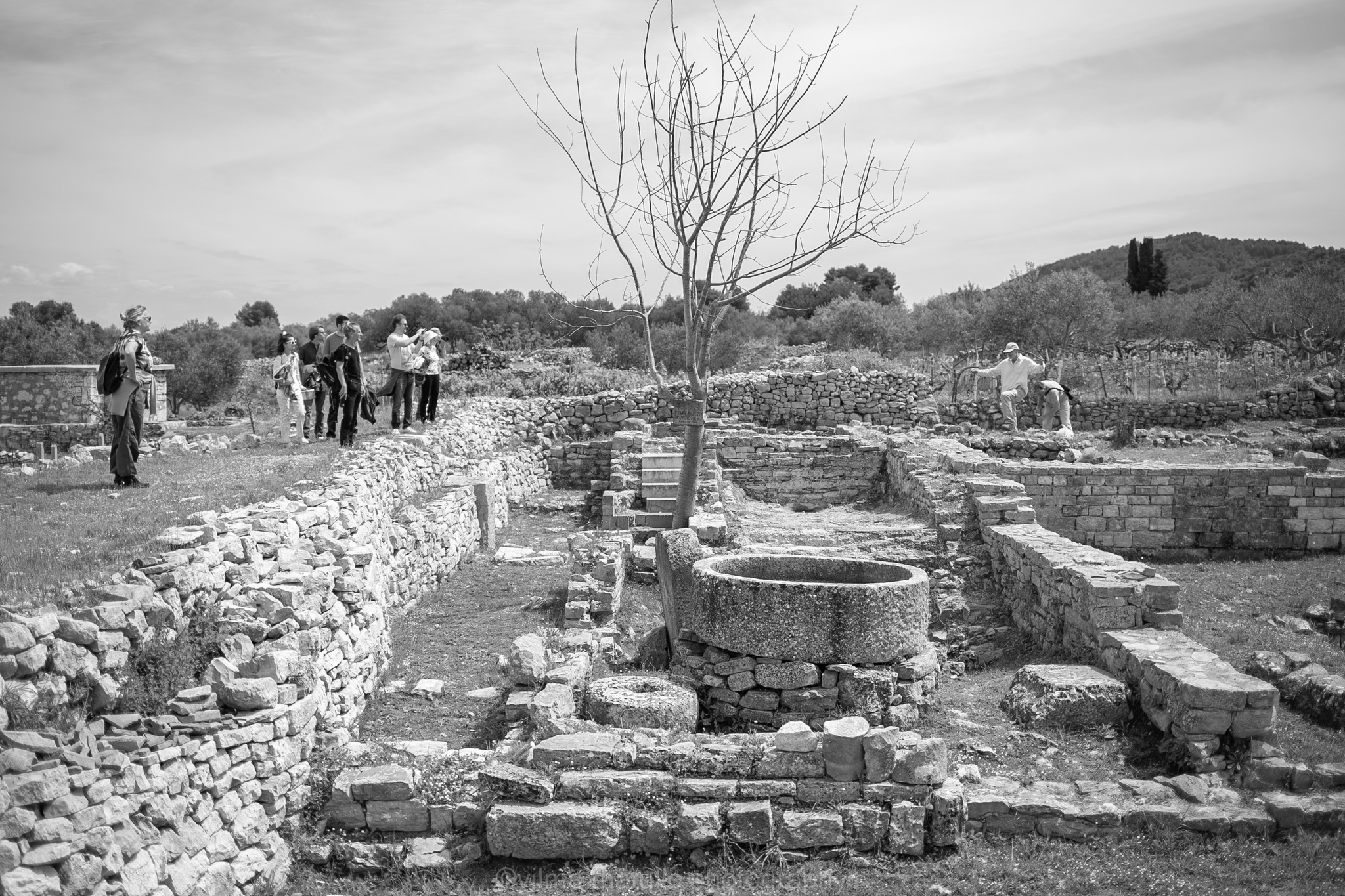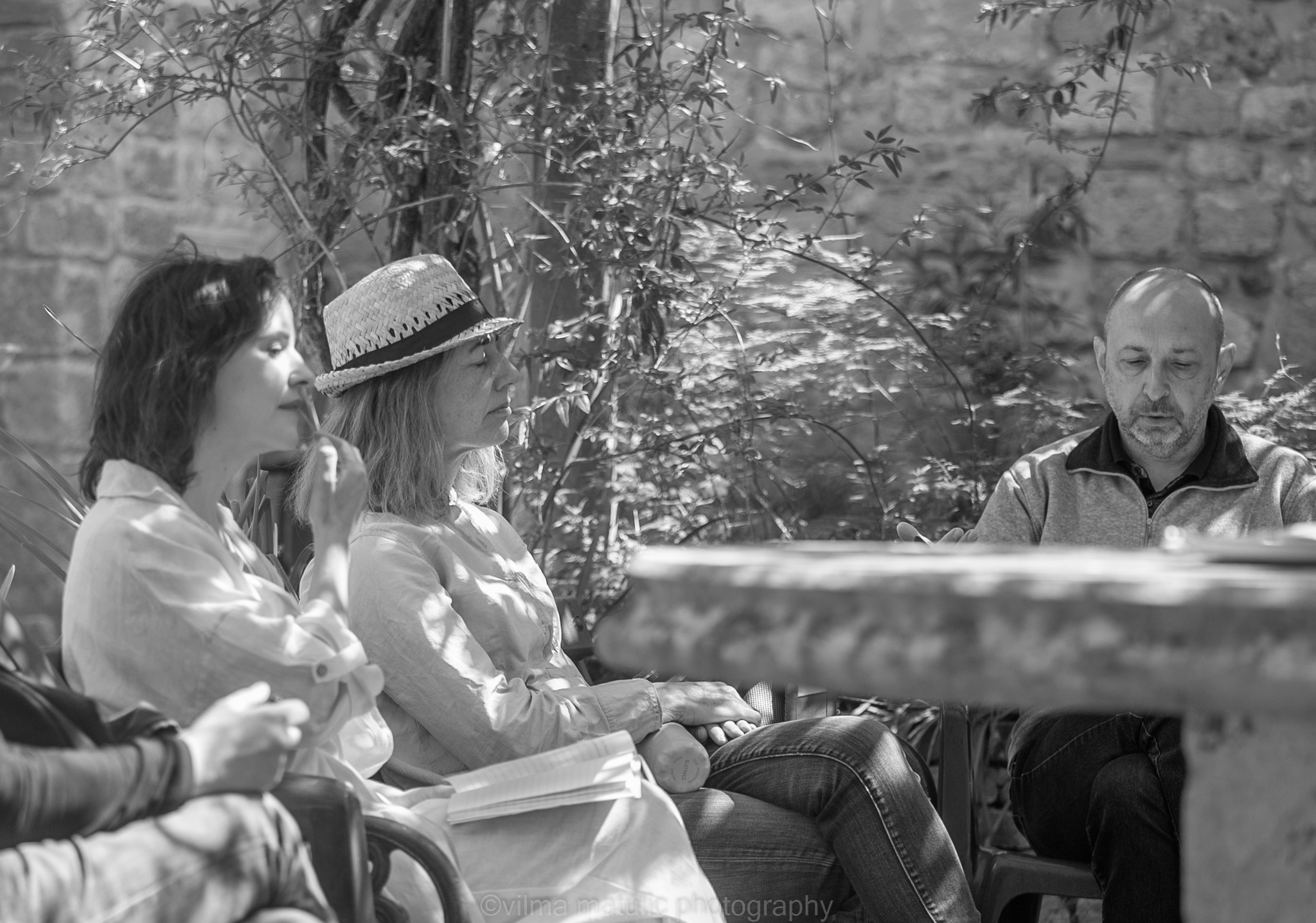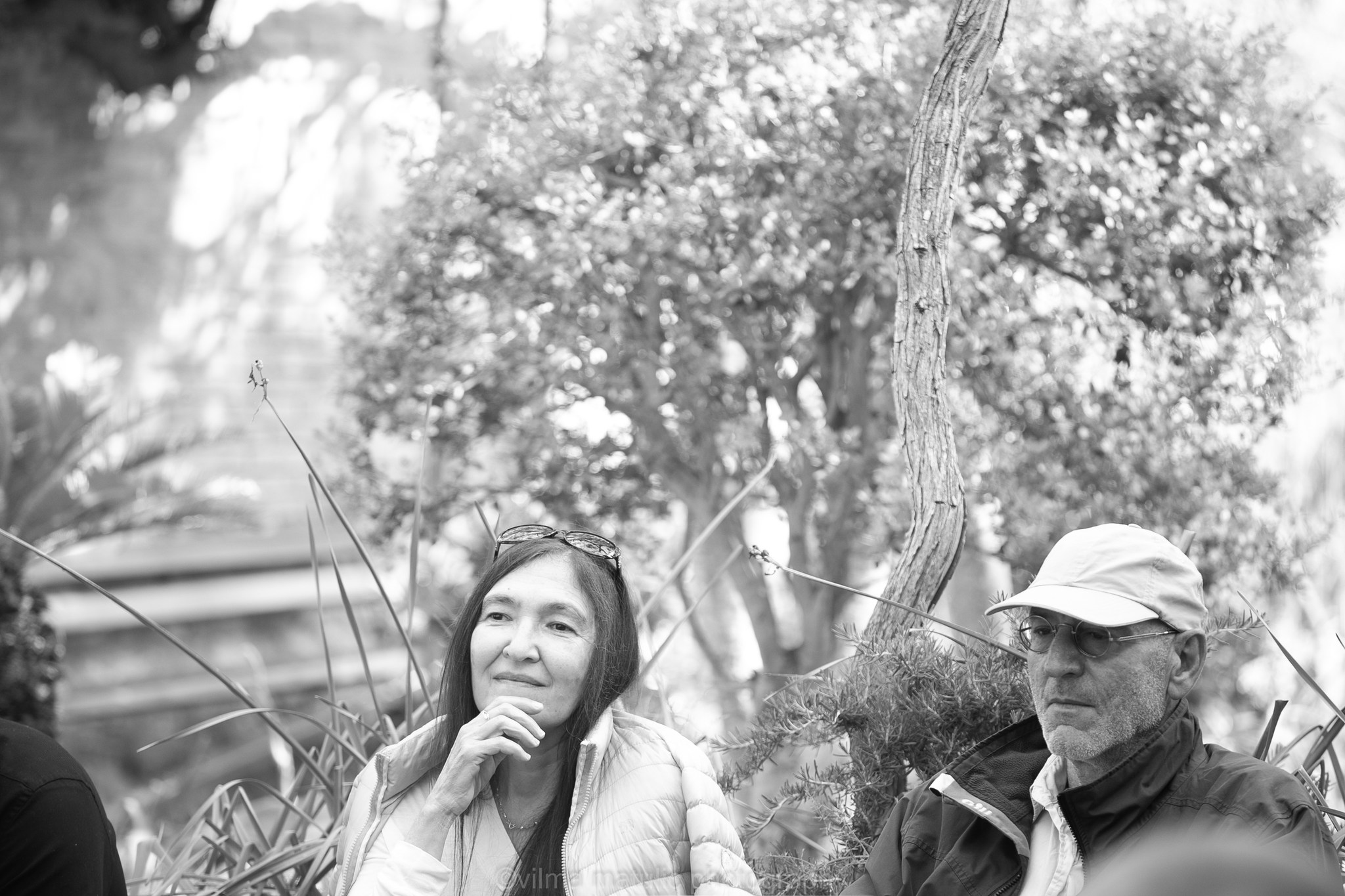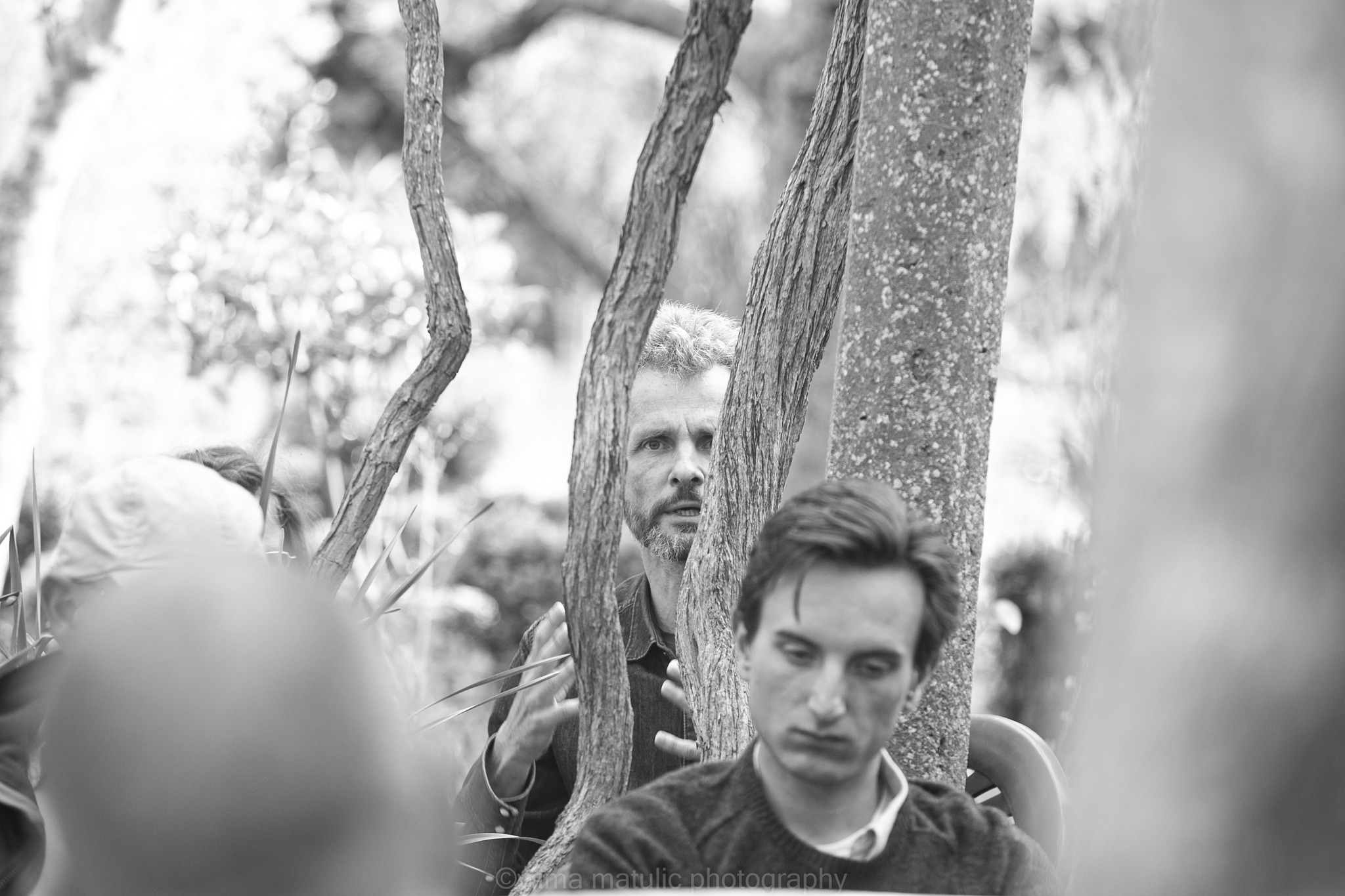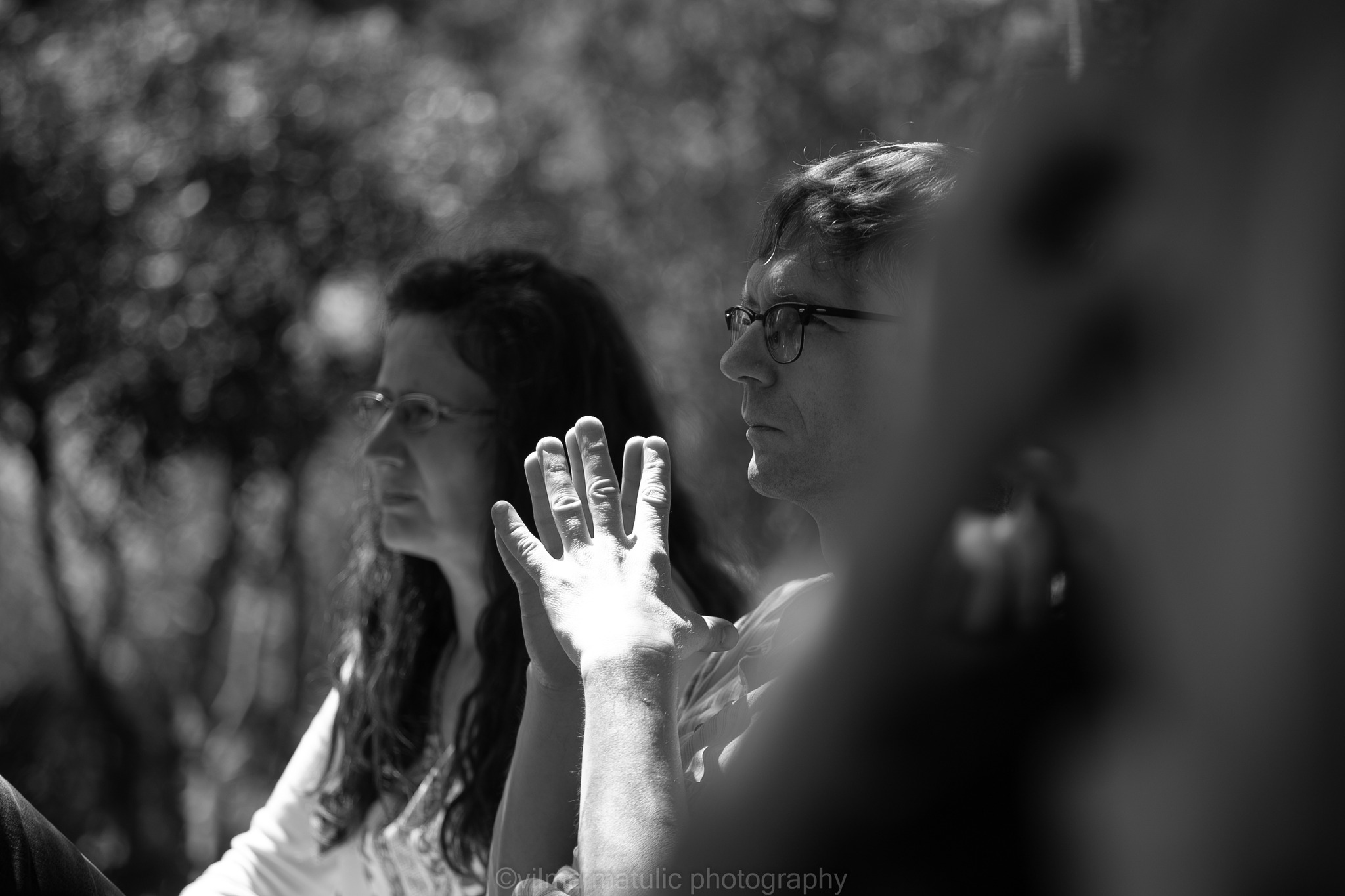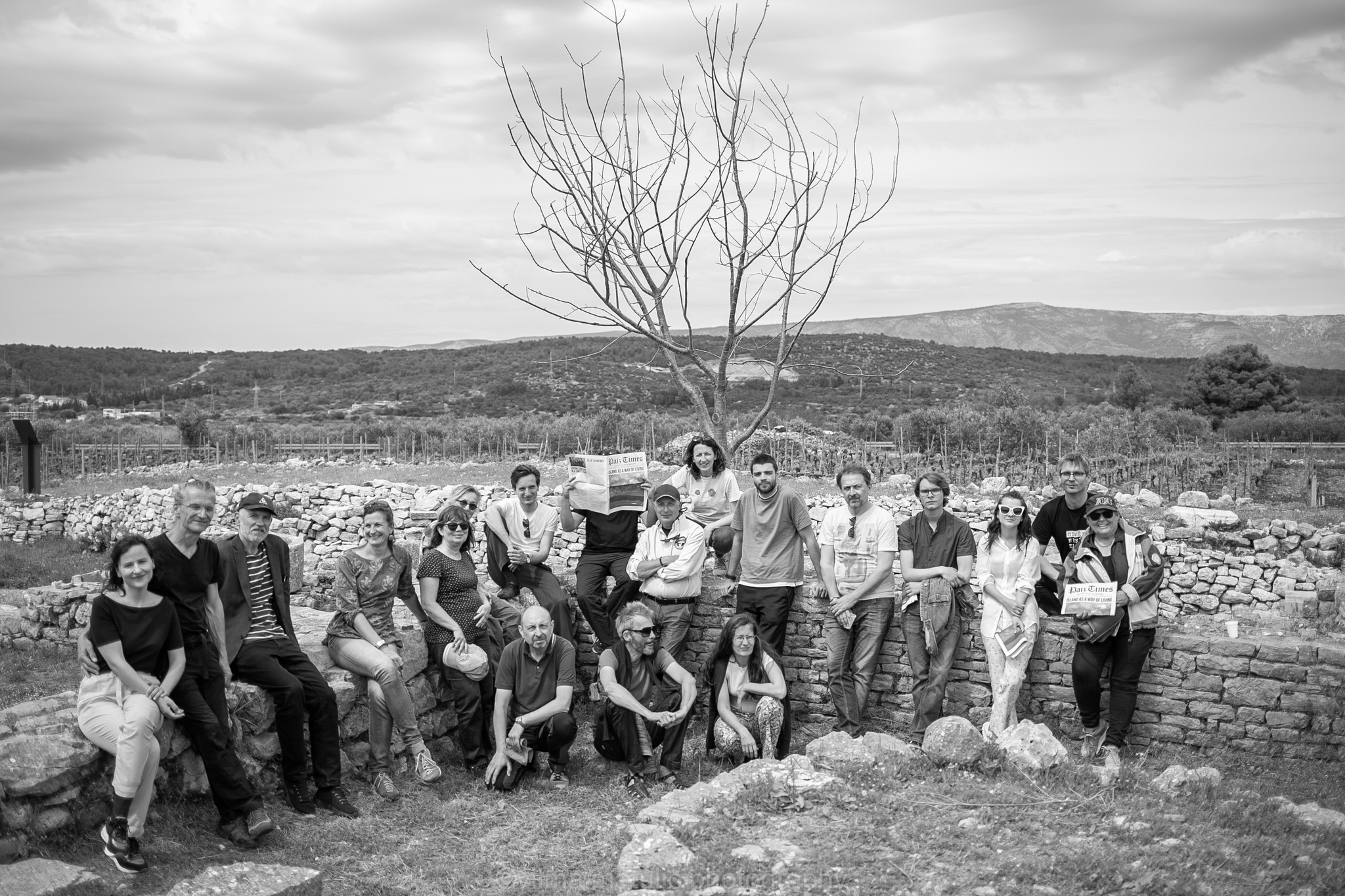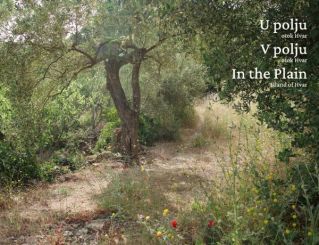Philosophy Symposium
It seems that everything bad happening in the world today is somehow related to the fact that we humans have somehow forgotten the ability to think, feel, decide, and act in the right way. Philosophy should be somehow called to understand what is actually happening in the world and what is happening to us and help us think, act, and live rightly.
It should be so ... but it is not.
Perhaps it is no coincidence that philosophy fell silent and - shamed - retreated into a corner some time ago. It is as if its place had been taken by politicians, managers, the many "professional" agents of knowledge and information - forecasters, "journalists," academic psychologists, marketers, analysts, statisticians - millions of "professionals" who, out of a kind of commonly expected or even demanded opportunism, forget, that they are, after all, mercenaries, doing their work because someone or something has told them to do so, and, in sympathy with their own narrow-mindedness, forgetting to ask who that something or someone is, and what, if anything, that something or someone actually wants?
Then there are the many casual babblers, among whom those who have "confidently" (arrogantly) brushed aside philosophy and the principles that distinguish human cognitive capacities: the principles of consistency, logic, and coherence. A consistent, critical mind, unafraid to think through its own assumptions consistently, is no longer useful to us - it is passé, for old time's sake. Worse, it is this mind that is responsible for the inhuman atrocities that have happened to us in recent centuries and decades. If we cannot ban it, let us at least tie it to the pillar of shame, where it can slowly rot under the contemptuous stares and spits of managers, politicians, preachers, and other intermediaries - and the opaque army of their admirers - who own truth and justice; let it rot along with other human "stereotypes" such as justice, compassion, love, beauty; let it rot together with the other human "stereotypes" such as justice, compassion, love, beauty. Let this unhappy, self-absorbed mind acknowledge its limitations, responsibility, helplessness, foolishness, and shallowness.
And this tragic mantra, in all its transparent shallowness, widely popularised by unself-critical intellectuals, academics, bureaucrats, and arrogant mercenaries, seems to have had its effect over time: it is clear to almost every young person in the Western hemisphere today that philosophy is of no use anymore. And if it cannot be in defence of modern reason, at least it should be an ornament to human (un)reason; it should be the court jester of a mighty, all-conquering technology; it should be its handmaiden and its postmistress for everyday use - but of the variety that has to beg the gods all the time to earn a morsel until the next hour, the next day.
It has all gone so far that in recent decades, it has become a matter of course that any attempt at reasoning that shows respect for the otherwise flabby principles of rationality and omics - consistency and coherence - is immediately silenced by the utterance, which has a hypnotic effect: Stop philosophizing!
No, it is not good to think with our own heads because someone (or something) has figured out the issues of thought and knowledge much better than we have. You open your phone, and before you have even dared to ask a question, the answer is on the screen. Every question.
So, slowly but with military precision and resolute certainty, people are cutting off the most powerful branch on which they sit; they are cutting off the roots to which they owe their existence and the possibility of freedom - the limitlessness of freedom in reason, as well as the limitlessness of freedom in stupidity.
A year ago, in the beautiful town of Stari Grad on the island of Hvar, we decided to give philosophy, and all of us, a chance. A town which, according to the historical sources available, was founded in the very year long ago when the great Aristotle was born. The silver thread of the four-day meeting (symposium) was utopia. About thirty participants came from different parts of Croatia, Bosnia and Slovenia. Hrvoje Jurić (President of the Croatian Philosophical Society) and Aldo Ćavić (Director of the Stari Grad Museum) moderated most of the morning and afternoon talks. Other speakers included Hrvoje Jurić (Utopia: Idea, Realisation, Negation), Aldo Ćavić (Karl Popper's Anti-utopianism), Wendy Gibbons (Camera obscura in Peter Hektovorić's Fortress), Ernest Ženko (Utopia and Art), Nada Vodušek (Vladimir Nazor, Tales from Brač), Sanja Lovrenčič (Red Doves), Gorazd Kocijančič (Utopia in the Horizon of Hypostatic Ontology), Željko Šarić (Utopia, Dystopia and Human Nature), Josip Guć (Utopia and Bioethics), Karel Gržan (Awakening from Drowning) and others (more on the symposium website). Pater Karel Gržan, who was unable to attend the meeting in person, shared his views via video.
It became clear at the meeting that we are divided into surprisingly different, even mutually isolated and mutually exclusive conceptual worlds, philosophies between which it is difficult to establish a dialogue. At the same time, it became unequivocally and clearly apparent that these worlds, for all their diversity, in an environment close to utopia, even its embodiment - which Stari Grad, with its incredible architecture, manners, and nature, undoubtedly is - are linked by something that in a way transcends the language we are used to ... the language of humanity, the language of the heart, the language of music, poetry, beauty.
Parish Philosophical Symposium (2023). Pater Karel Gržan: Utopia (Slovenian)
Most of the talks were filmed by Sanje TV. In addition to the talk by Karel Gržan, a part of the Sunday morning meeting dedicated to Vladimir Nazor, the great poet and writer from the neighbouring island of Brač, is already available for viewing. During the symposium, the booklets of the first three stories from the book Iz zavičaja (From the Shelter) were published in the original language and Slovenian translation.
PHOTOGRAPHIC HIGHLIGHTS FROM THE HVAR PHILOSOPHICAL SYMPOSIUM
Photos by Vilma Matulić
